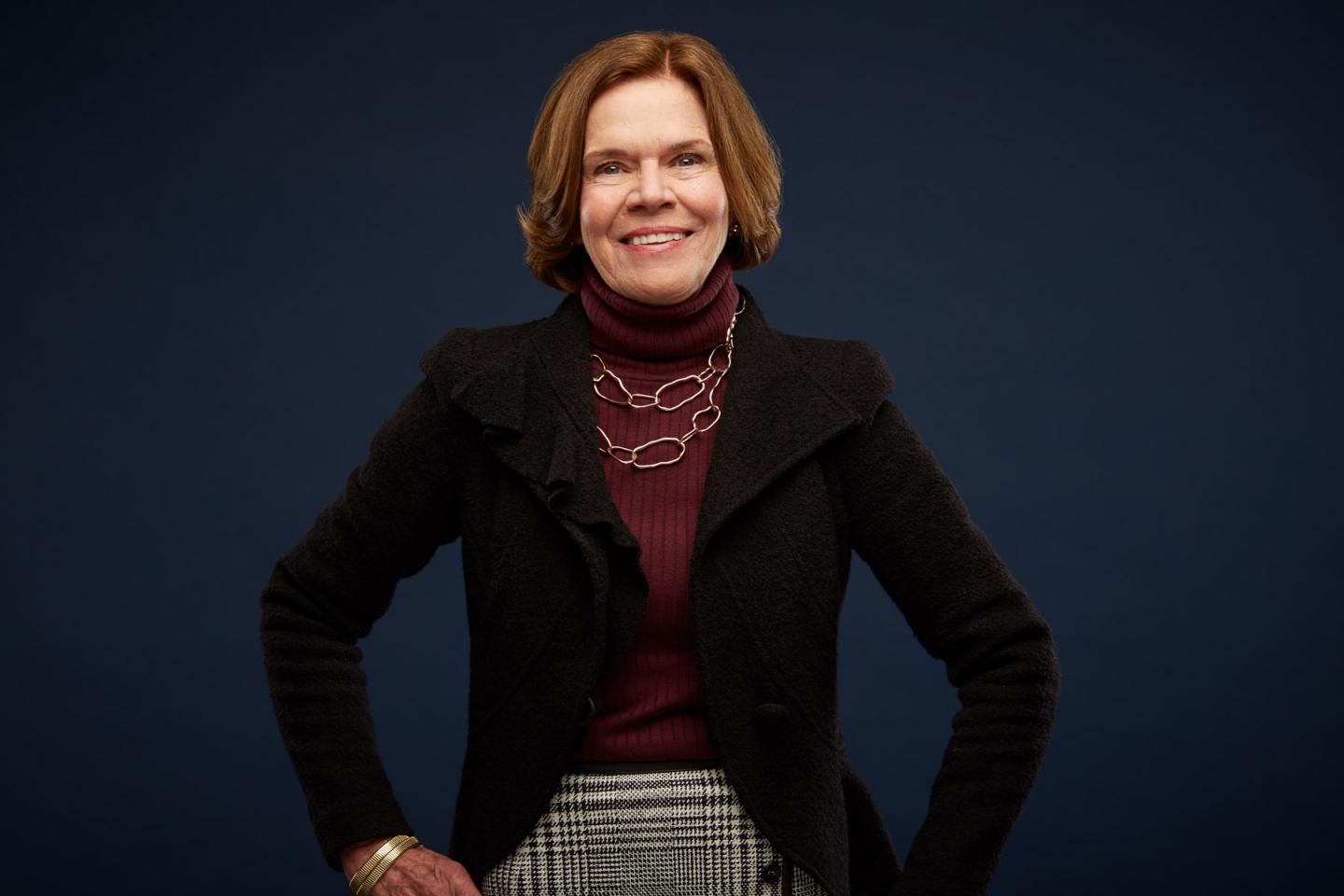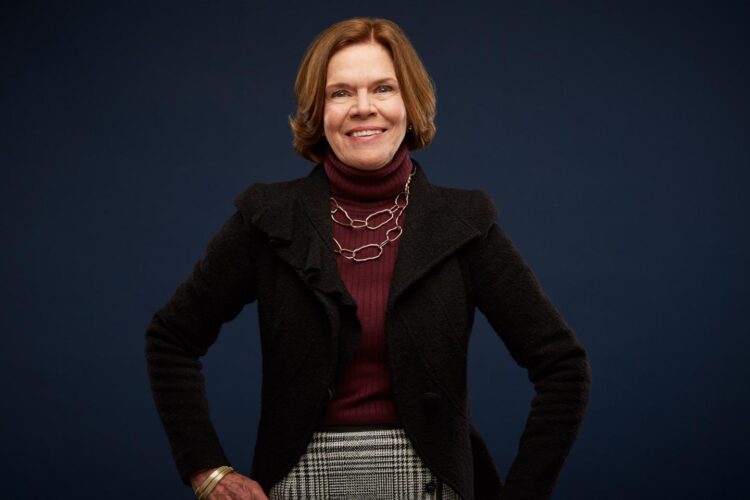
Credit: Penn Nursing
PHILADELPHIA (April 6, 2020) – Data show that the number of people with clinically complex health and social needs is growing. Programs designed to support these adults have fallen short and the healthcare system is becoming overtaxed by these “super-utilizers”.
In an article just published in JAMA Health Forum, nurse researchers from the University of Pennsylvania School of Nursing (Penn Nursing) underscore that while responses to the problem have resulted in well-motivated innovations, an effective and actionable path for immediate and long-term remediation should encompass micro- and macro-level solutions.
“Public and private investments in innovations designed to address the foundation of health inequities as well as healthcare models targeting those suffering the devastating consequences of a lifetime of health assaults should both be a priority,” says lead-author Mary D. Naylor, PhD, RN, FAAN, the Marian S. Ware Professor in Gerontology, and Director of the NewCourtland Center for Transitions and Health. “These investments, however, should be informed by a systematic assessment of lessons learned from studies of existing innovations, including programs that did and did not meet desired objectives.”
The researchers suggest that fostering the adoption or adaptation of rigorously proven solutions represents an immediate opportunity to improve outcomes for this complex population. Capitalizing on emerging policies that foster accountable health communities or promote better integration of health and social services as well as prioritizing payment for evidence will accelerate the spread of such innovations.
“People with complex healthcare needs deserve our best evidence-based care today,” says Naylor. “Future generations deserve investments in both micro-level and macro-level solutions that will stem the tremendous human and economic consequences of living with complex care needs and give all members of society a better chance of living healthier, higher-quality lives.”
###
The article, “Stemming the Rising Toll of People Living with Complex Care Needs,” was co-authored by Brianna Morgan, MSN, CRNP, and Ashley Z. Ritter, PhD, CRNP, both of Penn Nursing.
About the University of Pennsylvania School of Nursing
The University of Pennsylvania School of Nursing is one of the world’s leading schools of nursing. For the fifth year in a row, it is ranked the #1 nursing school in the world by QS University and is consistently ranked highly in the U.S. News & World Report annual list of best graduate schools. Penn Nursing is currently ranked # 1 in funding from the National Institutes of Health, among other schools of nursing, for the third consecutive year. Penn Nursing prepares nurse scientists and nurse leaders to meet the health needs of a global society through innovation in research, education, and practice. Follow Penn Nursing on: Facebook, Twitter, LinkedIn, & Instagram
Media Contact
Ed Federico
[email protected]
Original Source
https:/





